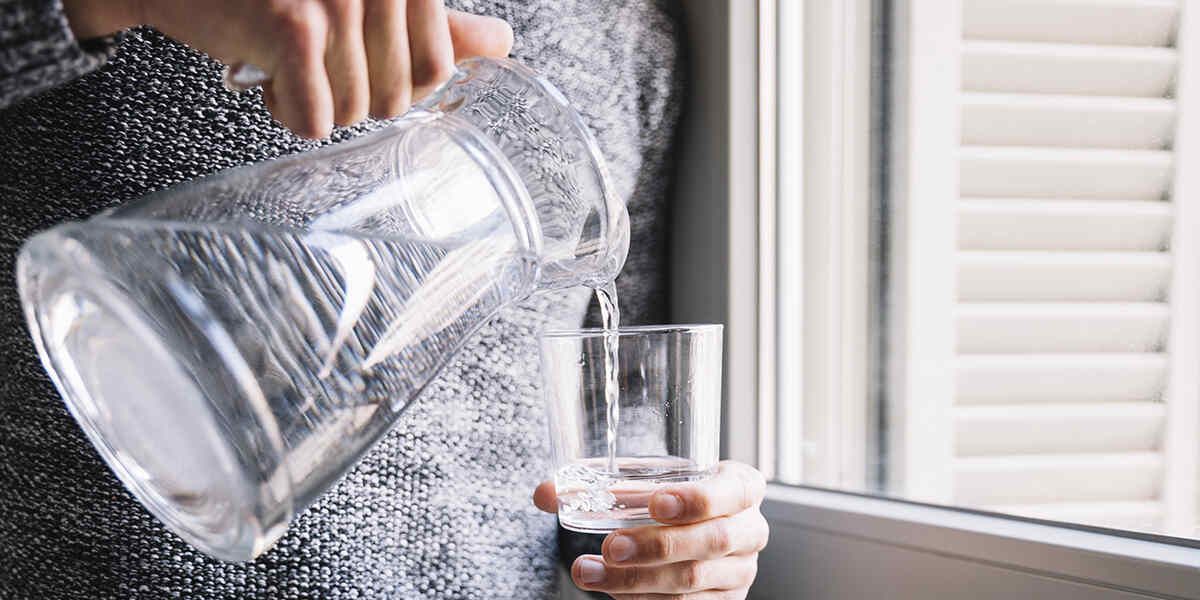What Are the Long-Term Effects of Emotional Trauma?
Emotional trauma is often the result of separation, the loss of a loved one, verbal abuse, or a variety of other factors. Although people may experience immediate symptoms, the long-term effects of emotional trauma can affect you years after the trauma.
At In Balance Counseling, our team of mental health professionals offers individual counseling in Tucson to help you process, recover, and heal. Call 520-772-9631 to schedule your session. Read on to learn about the effects of emotional trauma.
Anxiety
Although everyone occasionally feels anxious, chronic anxiety can be a side effect of emotional trauma. Trauma-based anxiety might include recurring feelings of dread, panic attacks, and paranoia.
Flashbacks
Many people who experience anxiety also have flashbacks. Flashbacks are visceral periods where you re-experience painful emotions and memories. It’s an intense emotional reaction that can be difficult to overcome alone.
Depression
Depression is one of the most common long-term effects of emotional trauma. Emotional trauma can cause depression, but it can also exacerbate an existing diagnosis. These deep, persistent feelings of sadness make your everyday life more difficult.
However, counseling and medication can alleviate some of the stress associated with depression.
Self-Destructive Behaviors
Sometimes emotional trauma turns outward and influences your actions. For instance, a quiet person may suddenly become an adrenaline junkie, while a foodie might stop eating for days at a time. Substance abuse is also common; many people use alcohol or drugs as coping mechanisms.
Difficulty Sleeping
You may also have difficulty sleeping after something traumatic occurs. Insomnia is not uncommon among those with emotional trauma. Other struggles involve an inability to sleep through the night, waking up early, or dealing with vivid nightmares.
Behavioral Changes
Emotional trauma sometimes causes people to react in unexpected ways. For instance, you may notice a change in your mood or personality. Trauma invades your daily life, so even if you feel like your day-to-day activities should be the same, you experience them differently.
Many people lose their sense of safety during this period. Other behavioral changes might include irritability, anger, loss of interest in hobbies, and an inability to relax.
Difficulty Focusing
Emotional trauma can also impact your mind. If you have difficulty concentrating or remembering things, you should seek professional help.
Physical Health Issues
The stress associated with emotional trauma can lead to physical pain and various health problems. Headaches, inflammation, muscle pains, and digestive issues are common. Don’t ignore mysterious symptoms after you experience something traumatic. The root cause could be mental or emotional.
Additional Symptoms
Emotional trauma can manifest in a variety of ways. The symptoms above are common, but The National Library of Medicine describes other effects, which include:
- Fatigue
- Confusion
- Persistent sadness
- Agitation
- Numbness
- Dissociation
- Blunted affect
- And more
Find Treatment for Emotional Trauma
The effects of emotional trauma can be far-reaching and intense, but you don’t have to go through this process alone. In Balance Counseling can provide compassionate care, therapy for anxiety disorders, and more.
Call 520-772-9631 to find help today.


